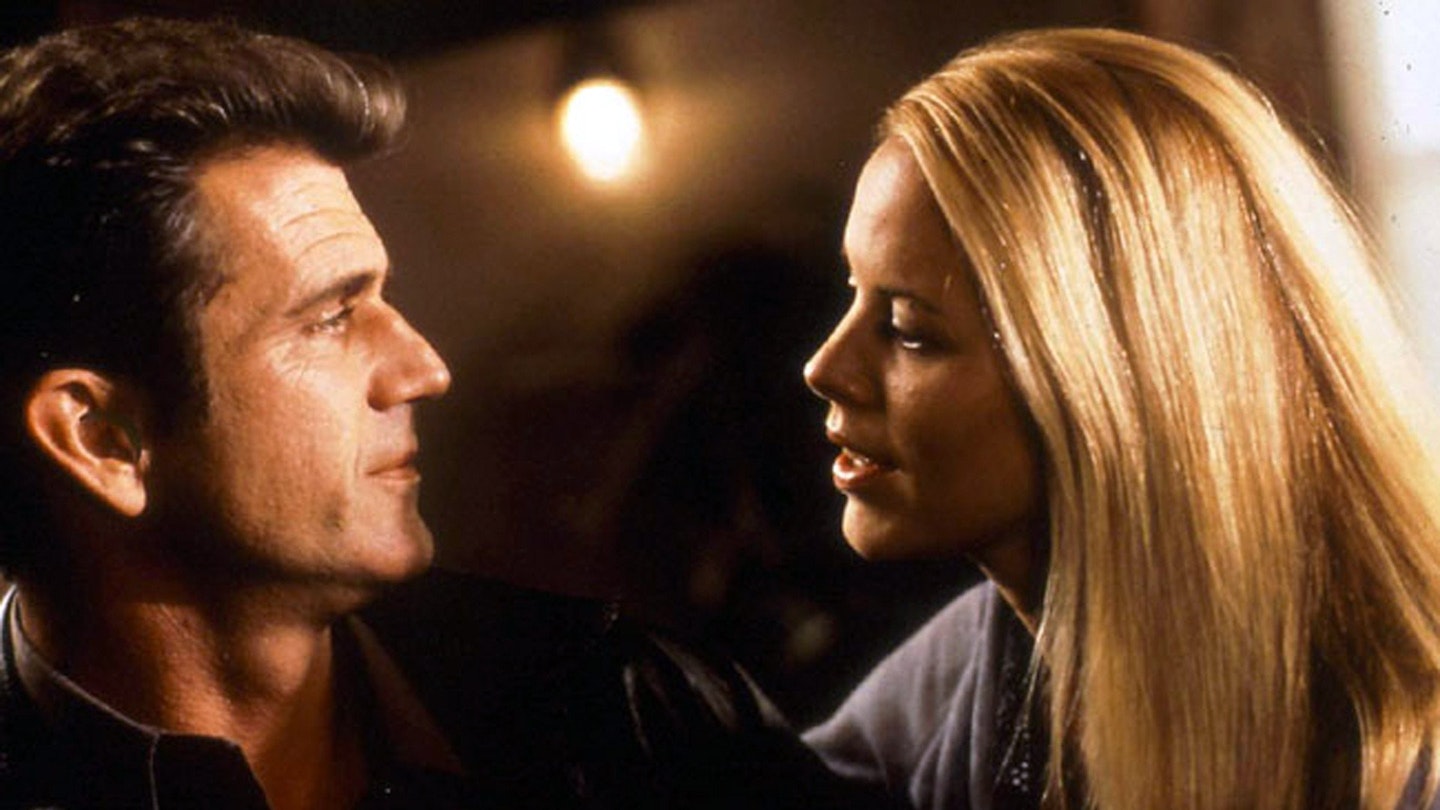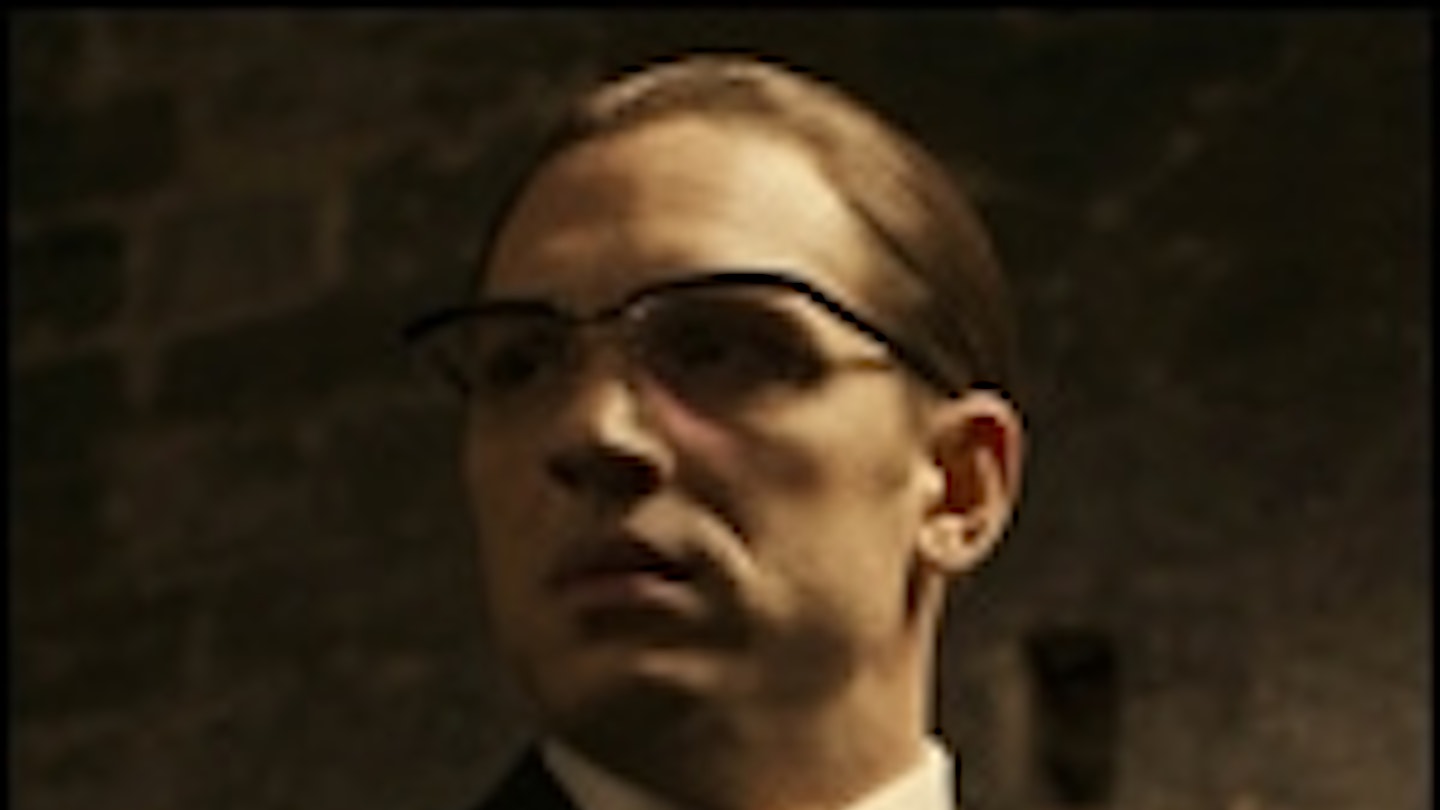Characters in this mean and mean-spirited blast keep observing - with disbelief or awe - that Mad Mel Gibson's dogged, dirty antihero Porter is "shit nuts". He is definitely that, not to mention miraculously indestructible. Except that Porter, an armed robber whose ambitious partner Resnick (Henry) and junkie wife (Deborah Unger) double-crossed him and left him for dead, is absolutely the baddest ass Gibson has ever played - Porter makes Max Rockatansky and Martin Riggs look like cub scouts.
Before the opening credits have finished, the obstinately alive Porter has stolen (from victims including a beggar and a sympathetic waitress, that's how hard he is) the wherewithal for a suit, a gun and a plan. Like Lee Marvin in Point Blank, Porter has become an unstoppable force of nature with vengeance top of his agenda. But after a brief, rather unpleasant reunion with Mrs. Porter, it emerges the money he stole from some Chinese gangsters has been appropriated by big time crime syndicate The Outfit.
He embarks on a bad-tempered, violent get-even mission, sparked with comic ironies and devilish reversals, in which he takes on and ploughs through bent cops, weasely racketeer Stegman (Paymer), and a succession of seriously evil mobsters (notably William Devane, James Coburn and Kris Kristofferson). Porter's stop-at-nothing tactics include abduction, the odd explosion and enduring a spot of torture, with the masochistic Mel's tootsies meeting the wrong end of a sledgehammer.
Amazingly, you find yourself rooting for this heartless bad hat, although it's hard not to feel Porter's talents could have been more profitably engaged tyrannising a small country or, say, a Hollywood studio. Helgeland, who co-wrote Conspiracy Theory for Gibson and won an Oscar for co-adapting LA Confidential, makes a cocksure directorial debut, pounding along with cool brutality and a rugged retro style.
The obvious debt to John Boorman's Point Blank is in fact a debt to novelist Donald E. Westlake (writing under the pen name Richard Stark) whose book The Hunter was the common source. This is in no way a remake, however, taking a completely different tone and many different turns from Boorman's intense psychological revenge thriller. Gibson's Porter is uncompromising but flippant, a more detached cynic whose terse commentary suggests he is alive to the absurdity of his world.

